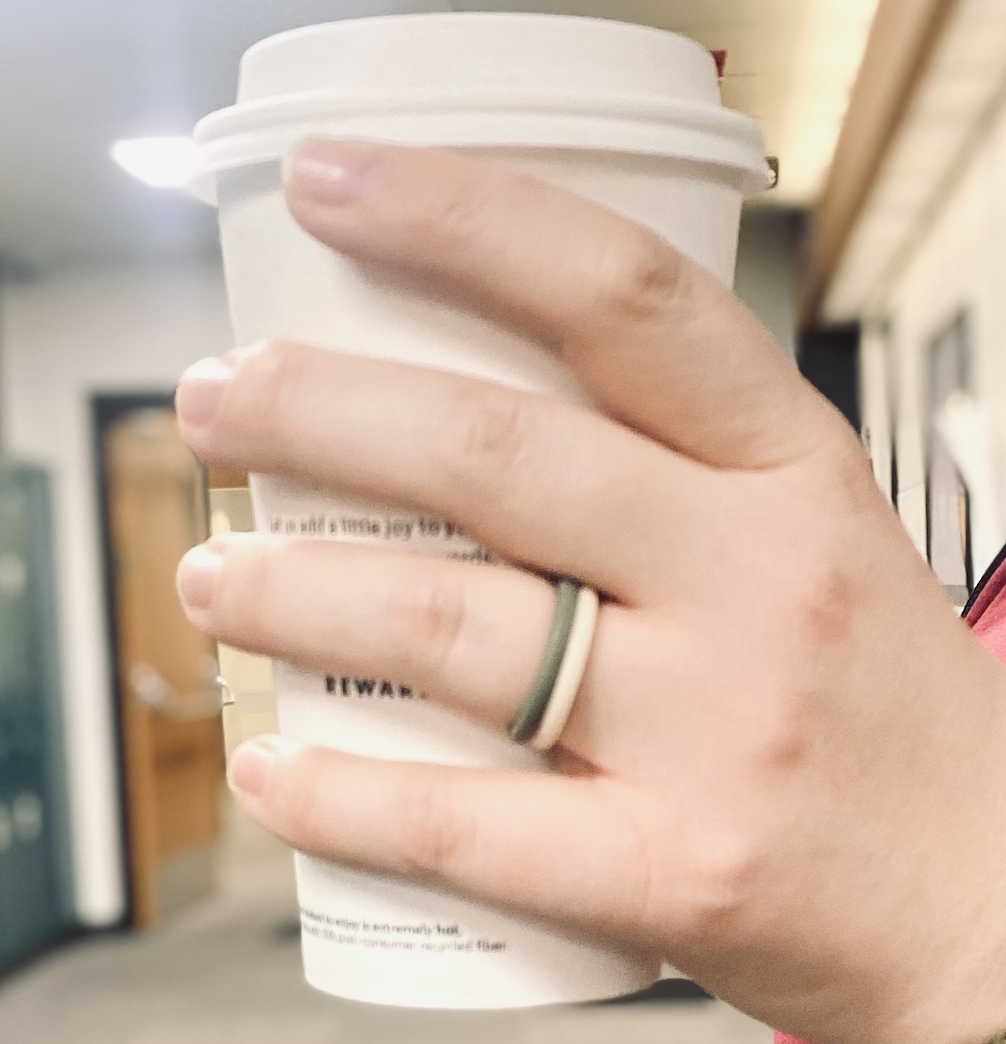The effect of caffeine on high school students

Story & Photo by Bailee Council – Staff Reporter
In high school, students are faced with stresses like homework, studying, extracurricular activities and a lot of students have all that along with a job. With the brain not being fully developed, teens experience a lot of exhaustion a lot of the time. As a result of that, caffeine has been used to help “keep you awake” rather than being tired and not being able to get everything done. But, caffeine is considered a drug due to its chemical properties. Although it does not have any medical concerns as far as studies have shown, caffeine has been known to have negative effects on all age groups.
“Effects I’ve had are more energy, a better mood, a will to want to do more things,” Abigail Jenkins, freshman, said.
But shakiness, insomnia, headaches and even fast heart rate are all effects from consuming a lot of caffeine. Being one of the most common addictions in today’s world, these issues are becoming more of a problem. And although caffeine itself has not been proven to affect your health directly, these effects could have a long-term effect, especially on a brain that is not fully developed.
“I try not to drink caffeine too late into the day, especially coffee, because I won’t be able to sleep, and also sometimes it makes me anxious and makes my stomach hurt,” Brady Hill, senior, said
But the reason so many students turn to caffeine despite the disadvantages is that the advantages help a lot with a lot of high school students’ lives.
“Drinking caffeine in the morning definitely helps me be more present in school, it helps me not fall asleep in classes, especially in the morning,” Hill said.
The pros and cons of caffeine seem to be never-ending, but in the end, it seems to depend on your lifestyle whether caffeine should be a part of daily life as a high schooler.